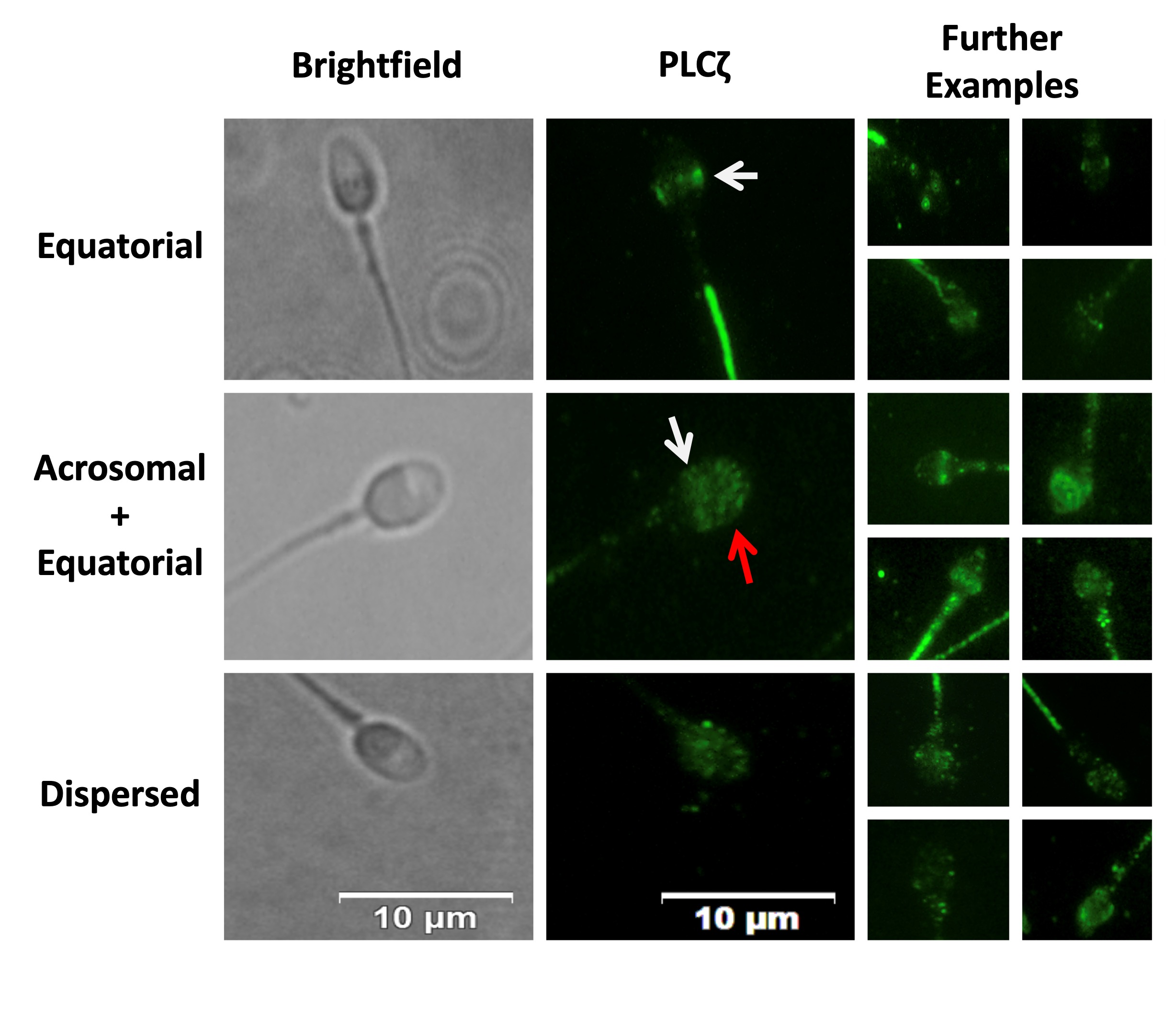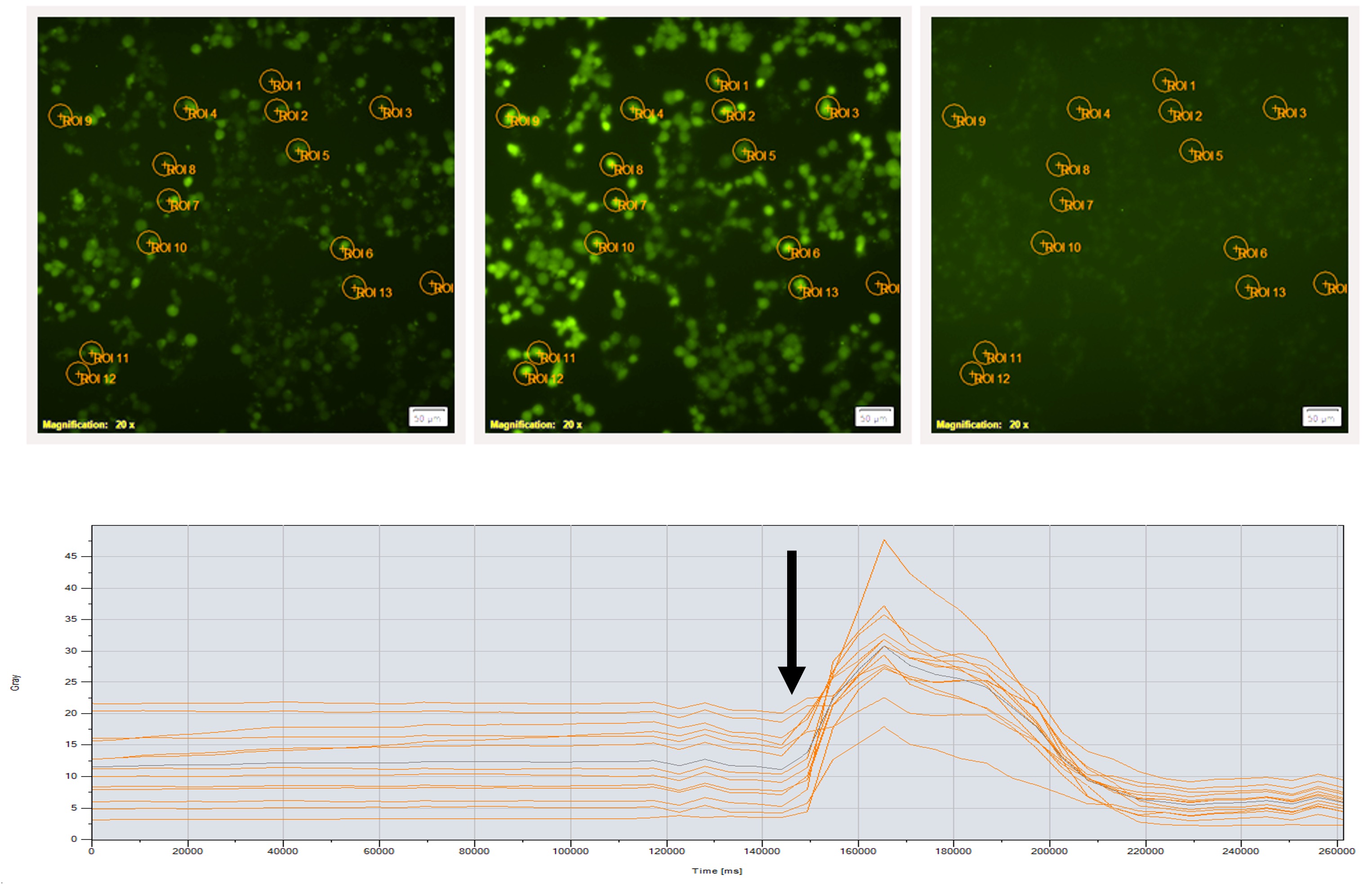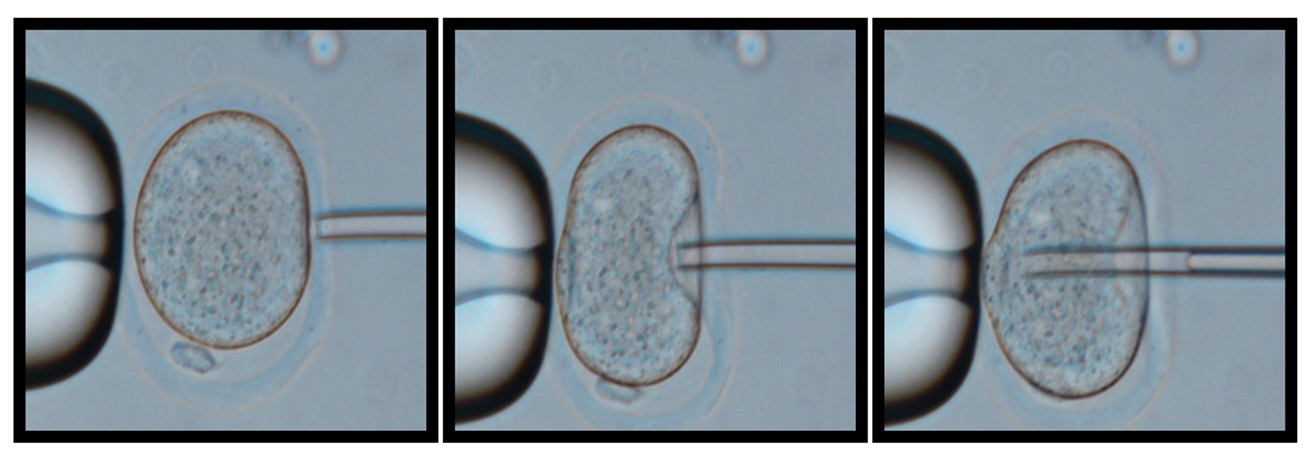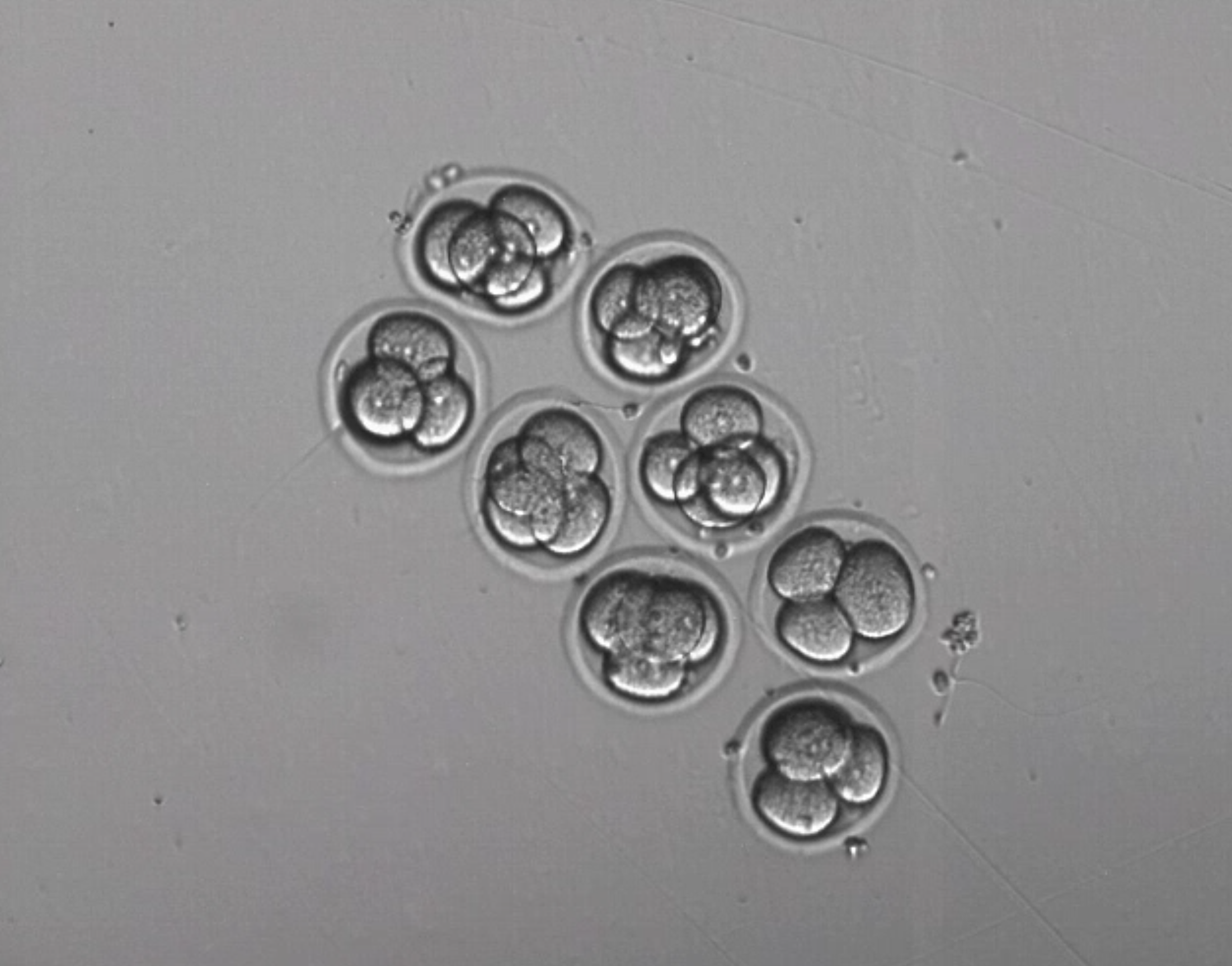- Admissions
- Academics
- Research Office
- Student Life
- News & Events
- Outreach
- About
Dr Junaid Kashir is currently an Associate Professor in the Department of Biology at the College of Arts and Sciences, having joined Khalifa University in 2022. Prior to this, Dr Kashir was an Assistant, then Associate, Professor in Clinical Embryology at the Alfaisal University College of Medicine in Riyadh, Saudi Arabia, where Dr Kashir also held multiple other roles including the Chair of the Research Committee and the Director for Research in the College of Medicine and was also the programme director for the Master’s in Biomedical Science (MBS) Clinical Embryology and Reproductive Biology (CERB) track. Dr Kashir has also developed significant experience of teaching at all levels (Undergraduate, Postgraduate, and Doctoral students), in multiple disciplines (Biology/Biochemistry, Developmental Biology/Embryology, Cell and Molecular Biology, Medical Sciences, and laboratory supervision) in numerous leading institutions (University of Oxford, Cardiff University, Alfaisal University, King Faisal Specialist Hospital and Research Centre).
Concurrent to his employment at Alfaisal University, Dr Kashir was also a recipient of a Health Research Fellowship from Health and Care Research Wales, which supported his research as an independent research fellow at Cardiff University. Dr Kashir also completed his postdoctoral training at Cardiff University and the University of Oxford. Dr Kashir completed his doctoral (DPhil) studies at the University of Oxford, during which time he was also part of the founding team that ran and established the highly prestigious Master’s in Clinical Embryology. Dr Kashir completed his Bachelors studies at the University of Sussex, obtaining a first class honours degree in Molecular Genetics in Biotechnology.
Dr Kashir’s research career has thus far yielded 60+ internationally peer-reviewed publications within leading journals, several book chapters, and a series of abstracts and presentations at various international scientific meetings for which he has won several academic awards as well as institutional awards such as the Alfaisal University Faculty Excellence in Research prize for 2019.
Dr Kashir has accrued a track record of successfully applying for external research funding from several international sources at multiple locations. These successful funding grants ranged from small university seed-corn grants (Oxford University/Alfaisal University), a 5-year research fellowship (Health and Care Research Wales/NHS/the UK government), and significant individual project grants (UK and Saudi Government bodies). Dr Kashir has also obtained Fellowship of the Royal College of Pathologists (FRCPath) based on his record and impact of published works. Dr Kashir has also been granted Fellowship of the Institute of Biomedical Scientists (FIBMS), and Fellowship of the Royal Society of Biology (FRSB). Dr Kashir is also on the Editorial Board of Cell Growth and Division within the journal Frontiers in Cell and Developmental Biology as a Review Editor, and has guest edited and reviewed for multiple other leading journals.
Dr Kashir has been studying the intricacies of calcium signalling, fertilisation and embryogenesis, infertility, and the role of phospholipase C zeta (PLCζ) within these events for over 15 years. Dr Kashir’s research program thus far has a clinical and translational goal; to realise the potential diagnostic and therapeutic applicability of PLCζ within the clinic. Dr Kashir has been utilizing a multifaceted approach to further our understanding of the current biochemical and physiological paradigms governing its regulation and mechanism of action during fertilization, and subsequent embryogenesis.
Dr Kashir is also investigating the hitherto unknown role that oocyte activation may play in determining the efficacy of embryogenesis, and the potential effect that this event may have in determining epigenetic diversity within the developing embryo, and individuals born because of assisted reproductive technology (ART). Finally, Dr Kashir is also interested in the role played by endogenous exosomes and nanovesicles present reproductive contexts, and the effect such biological vesicles may exert upon human development, human fertility, and ultimately the potential therapeutic potential that such populations could represent.

The diagnostic and therapeutic application of the human oocyte activation factor phospholipase C zeta
Oocyte activation is a fundamental event at fertilisation whereby the fertilising sperm initiates embryo development by activating the female oocyte. In mammals, activation is mediated by a series of characteristic transients in oocyte calcium (calcium oscillations), which are thought to be initiated by a sperm-specific factor termed PLCzeta (PLCζ). Projects in this aim have a clinical and translational goal, aiming to realise the potential diagnostic and therapeutic applicability of PLCζ within the clinic using clinical collaborations, and animal and cell models.

The effects mediated by calcium oscillations at fertilization upon epigenetic remodeling and developmental efficacy of subsequent embryogenesis
Projects herein aim to investigate the hitherto unknown role that oocyte activation may play in determining the efficacy of embryogenesis, and the potential effect that this event may have in determining epigenetic diversity within the developing embryo, and individuals born as a result of assisted reproductive technology (ART). Our research has indicated large variance in total levels of PLCζ in sperm from fertile human males. Calcium oscillation profiles induced following in vitro fertilisation (IVF) differ from those induced following intracytoplasmic sperm injection (ICSI; whereby a single sperm is microinjected into the oocyte), while histone methylation patterns also differed in mice and humans. Effects upon the expression of markers of embryo health and pluripotency also remain untested. Such effects are poorly characterised at present and remain a prime concern, particularly regarding the possible effects that current clinical practice may inadvertently be exerting upon such phenomena. Indeed, ICSI outcomes are now increasingly associated with multiple imprinting disorders such as Prader-Willi and Beckwith-Wiedemann Syndromes.

Investigating the environmental effects of lifestyle and diet upon fertility markers such as PLCzeta and populations of non-coding RNA in patient semen
Numerous lines of investigation suggest that diet and environment exert a singificant effect upon reproductive capabilities and ultimately fertility treatments in humans via epigenetic affect. Indeed, our own research has shown that levels of PLCζ in sperm are dependant upon mouse age, which also subsequently correlates to the rates of embryogenesis. Such experiments are a prime example of how such actors can exert influence upon the efficacy of fertility treatments, and projects herein aim to characterise and utilise these within the clinic.

Examining the mechanism and significance of protein and RNA in reproductive exosomes (nanovesicles)
We are currently investigating the functional significance of biological nanovesicles, and the potential therapeutic avenues that we can pursue to utilize protein, DNA, and RNA in these as diagnostics and therapeutics. We are also investigating short non-coding RNA content using deep-sequencing, to examine whether potential transcripts present within such exosomes correlate to low fertility treatment success, and whether we can isolate any transcripts that could potentially correlate to high treatment success.
Public Recognition
Fellow – Royal College of Pathologists (FRCPath)
2022 - present
Fellow – Royal Society of Biology (FRSB)
2021 - present
Fellow – Institute of Biomedical Scientists (FIBMS)
2021 - present
Medical Sciences Teaching Award – University of Oxford
2012
Poster Presentation – 1st Prize – King Faisal Specialist Hospital and Research Center 10th annual Medical research conference – Riyadh, Saudi Arabia
2019
Poster Presentation – 1st Prize – Saudi Medical University Research forum 15th Annual Research day – Riyadh, Saudi Arabia
2017
Medical Sciences Teaching Award – University of Oxford
2012
Best Scientific Oral Communication – 7th Biennial conference of the UK fertility societies – Dublin, Republic of Ireland
2011
Best Oral Presentation - 2nd Congress of the International Network for Young Researchers in Male Fertility
2009
Research Funding Record
Project grant – MoH – Saudi Arabia – USD 30,000
2016-2019
Project grant – KACST NSTIP research grant – Saudi Arabia – USD 450,000
2016-2019
Internal Research grant – Alfaisal University – Saudi Arabia – USD 10,000
2016-2017
Research Fellowship – HCRW, UK – USD 450,000
2015-2020
Scholarship of Teaching and Learning grant- Higher Education Commission, UK
2012-2013
ISIS 8670 (Patent N118743: Delivery Method) – University of Oxford
2012;2013
Media Engagement
Invited Distinguished Lecture
KAUST Winter Enrichment Programme 2022
https://www.youtube.com/watch?v=rQcP7erpqv4
https://www.youtube.com/watch?v=KZIjZTI4xWs
https://news.alfaisal.edu/dr-junaid-kashir-invited-distinguished-lecturer-presentation-kaust-wep-2022/
https://twitter.com/EnrichAtKaust/status/1481229557994864643
https://twitter.com/EnrichAtKaust/status/1481229433705050112
https://twitter.com/EnrichAtKaust/status/1481542101305380865
Establishment of Saudi Arabia’s first MD/PhD programme with KAUST
https://www.arabnews.com/node/1973896/saudi-arabia
https://twitter.com/KAUST_News/status/1463065848642519042
Times Higher Education interview - Productive new research about conception
https://www.timeshighereducation.com/hub/alfaisal-university/p/productive-new-research-about-conception
COVID Publications
https://news.alfaisal.edu/two-consecutive-original-articles-accepted-for-publication-regarding-the-ongoing-covid-19-pandemic/
Saudi Arabias first Graduate Embryology programme
https://news.alfaisal.edu/master-degree-thesis-defense-first-student-clinical-embryology-reproductive-biology-program/
TBC